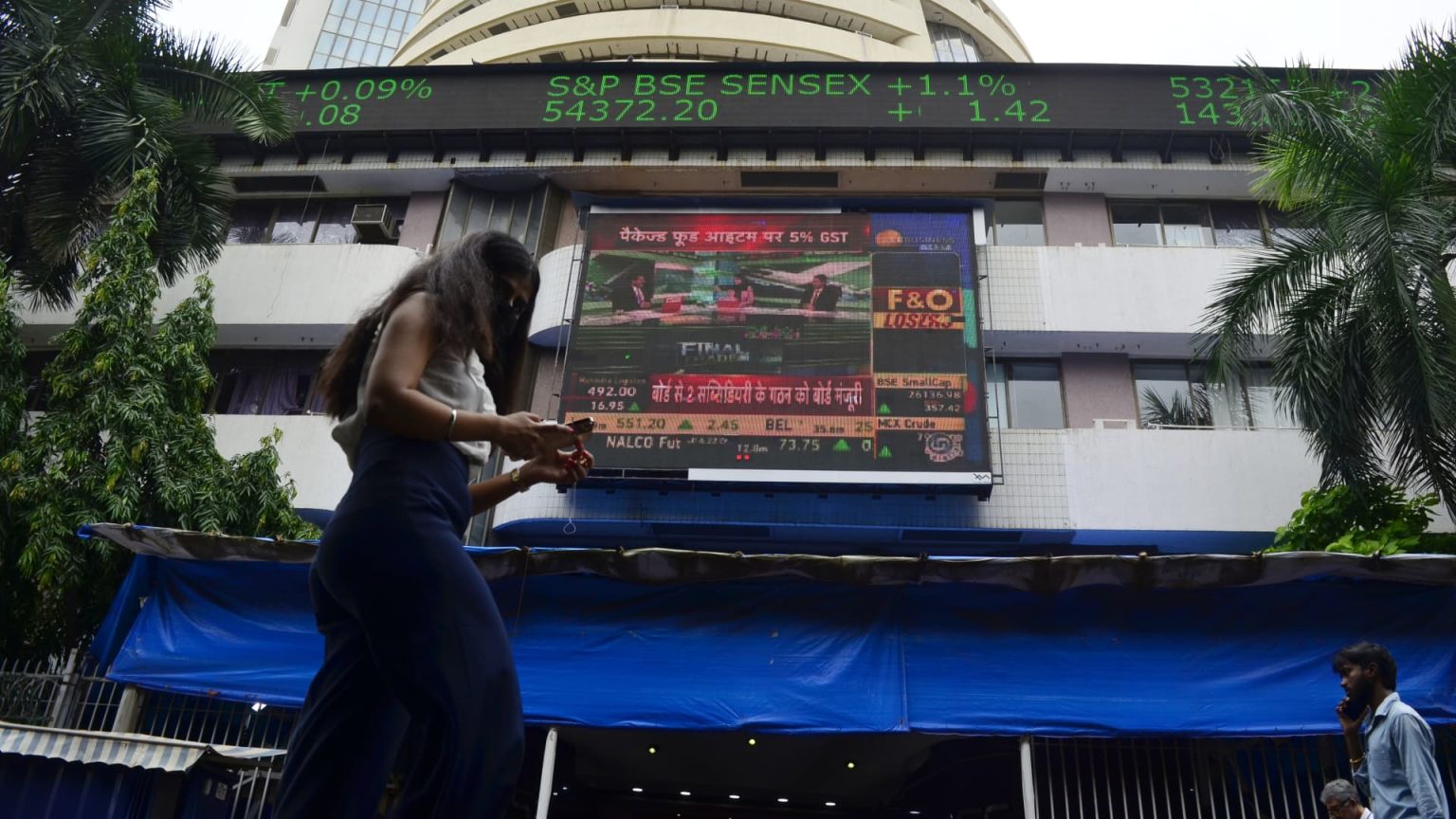The stock markets in Asia experienced a mixed day of trading, with some indices showing losses while others closed slightly higher. Japan’s Nikkei 225 and Topix both ended in the negative, with the Nikkei falling by 0.22% to close at 38,837.46 and the Topix down by 0.38% at 2,787.48. In South Korea, the Kospi shed 0.76% to end at 2,662.10, while the Kosdaq closed 0.13% higher at 845.84. On the other hand, Hong Kong’s Hang Seng index was up by 0.73%, and China’s CSI 300 added 0.88%. In Australia, the S&P/ASX 200 index ended the day down by 0.31% at 7,737.10.
Japan’s Nikkei 225 and Topix indices both experienced losses, with the Nikkei falling by 0.22% and the Topix down by 0.38%. The negative performance of these indices could be attributed to a variety of factors, including concerns about inflation, economic data releases, and geopolitical tensions. In South Korea, the Kospi also shed 0.76% while the smaller-cap Kosdaq closed slightly higher at 0.13%. On the other hand, Hong Kong’s Hang Seng index posted a gain of 0.73%, while China’s CSI 300 added 0.88%. The performance of these indices reflects the mixed sentiment in the Asian markets, with some investors choosing to stay cautious while others are more optimistic about the economic recovery.
In Australia, the S&P/ASX 200 index closed down by 0.31% at 7,737.10. The decline in the Australian index could be due to multiple factors, including concerns about rising COVID-19 cases, recent lockdowns, and fluctuating commodity prices. The performance of the Australian stock market is closely tied to global economic trends, as the country’s economy is heavily reliant on exports, particularly commodities like iron ore and coal. The decline in the index may also be a reflection of the broader challenges facing the Australian economy, such as slow wage growth and high levels of household debt.
The stock market performance in Asia is influenced by a variety of factors, including economic data releases, corporate earnings reports, and geopolitical events. Investors in the region are closely monitoring developments in the global economy, particularly as countries continue to grapple with the impact of the COVID-19 pandemic. The recent resurgence of cases in some Asian countries has raised concerns about the pace of the economic recovery, as renewed restrictions could hamper growth prospects. Additionally, ongoing trade tensions between the US and China are also a key source of uncertainty for investors in the region, with potential implications for various industries.
Despite the mixed performance of Asian stock markets, there are reasons for cautious optimism among investors. Some analysts believe that the global economy is on track for a strong recovery, driven by the rollout of vaccines and fiscal stimulus measures. In Japan, the government has implemented various policies to support economic growth, including stimulus packages and infrastructure spending. In South Korea, the government has also announced measures to boost domestic demand and support small businesses. While challenges remain, particularly in the form of inflation and supply chain disruptions, there is hope that Asian economies will continue to recover in the coming months.
Looking ahead, investors in Asia will continue to monitor key economic indicators and corporate earnings reports for signals about the direction of stock markets. The ongoing rollout of vaccines will be a critical factor in determining the pace of the economic recovery, as countries strive to achieve herd immunity and reopen their economies. Geopolitical tensions, particularly between the US and China, will also be closely watched for potential implications on trade and investment flows. Overall, the outlook for Asian stock markets remains uncertain, but there are signs of cautious optimism as economies strive to recover from the impact of the COVID-19 pandemic.


